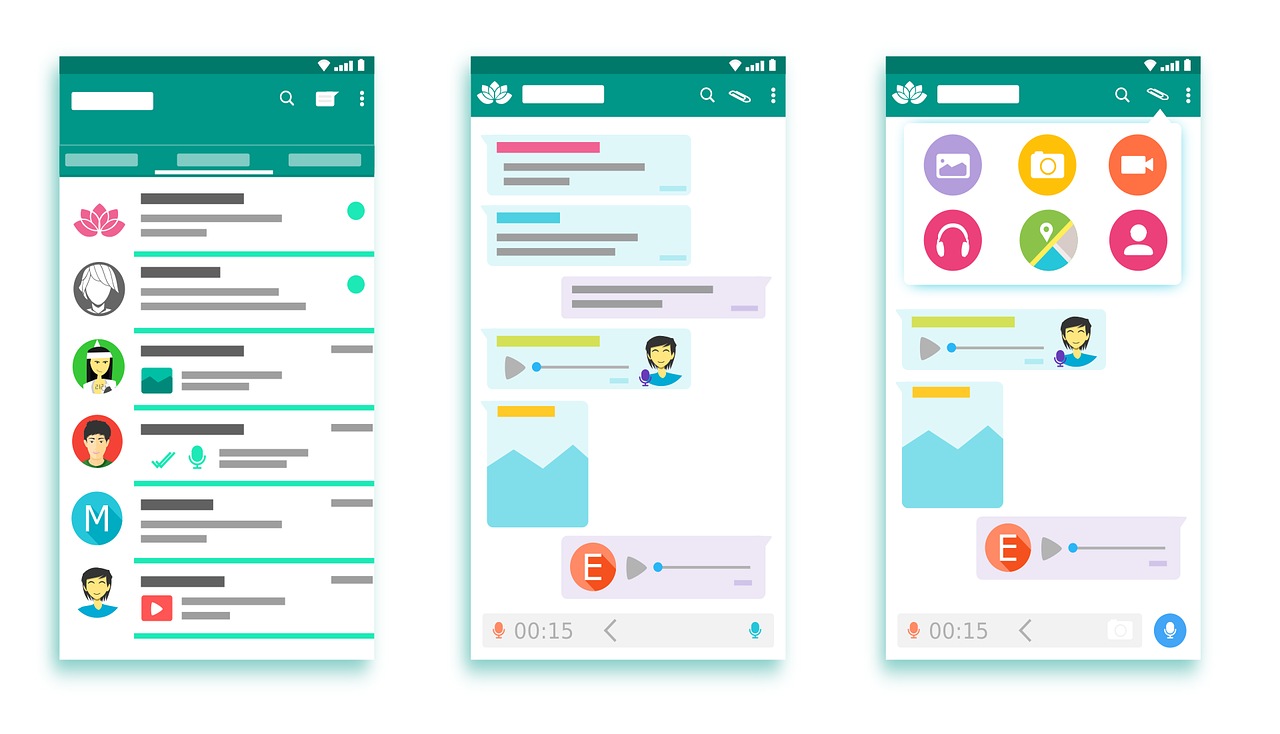
Drop an email
Book a Call
+91 8770134858
Member Login
Drop an email
Book a Call
+91 8770134858
Member Login
From Applications to Apps
for mobile devices
have become a
huge part of the application software market, leading to the ubiquitous use of
the term "app." In fact, in most cases,
this term is used to refer to a mobile application. As it turns out, this
shortened version of the term is very apt when it comes to mobile applications
because this type of software is often much smaller and more specific than that
on a PC. So, while a slick software suite provides full functionality, an app
usually has a narrow and specific function – or very little function at all, as
many mobile applications are designed for entertainment. (To learn more about
mobile apps, see Mobile Device Management vs. Mobile Application
Management: The Big Fight Continues.)
This type of application was
popularized by Apple through its App Store, where applications are sold for a
few dollars apiece. These apps work only on Apple devices. So, other companies
have followed Apple’s lead, creating apps for Android and BlackBerry devices. In fact, in 2015,
more than 200 million apps were downloaded – per day – totaling 75 billion apps
for the year. In 2016, that number jumped to 90 billion apps, lending credit to
the notion that there truly is an app for just about everything you could
imagine (and several things you couldn't ... or wouldn't want to).
An App to Predict the Future
of Apps
As with all things in technology, the
evolution of application software is likely to take some unexpected turns. In
the near future, however, we can expect to see less emphasis on traditional
desktop PC software and an increasing shift to cloud and mobile applications.
This represents potential privacy and security risks, and benefits, in terms of
user accessibility. Maybe the next stop is applications that better balance
these risks and rewards. This may be the future users want, but will they get
it? So far, there’s no app to predict that.